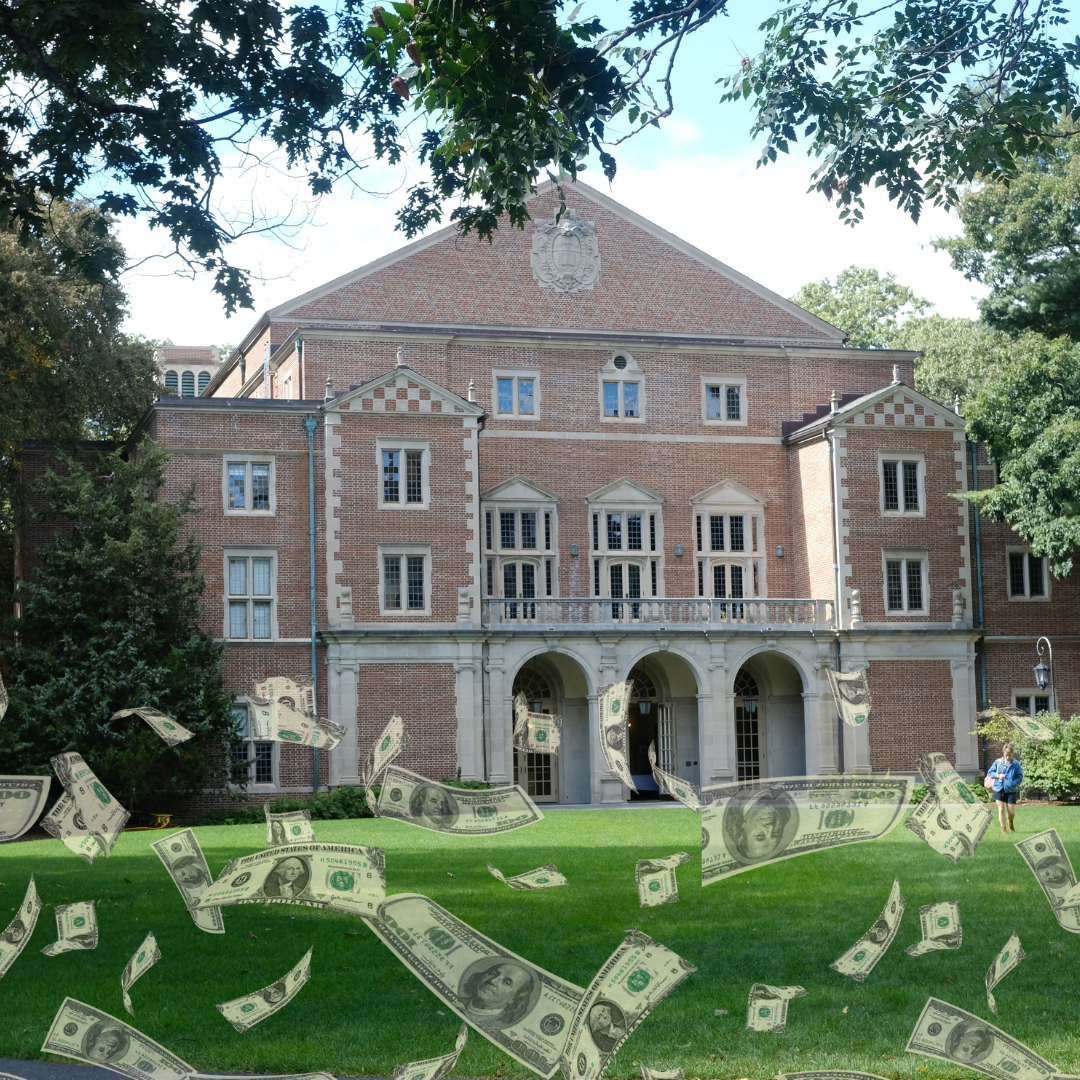Obama chooses Loretta Lynch to succeed Eric Holder as attorney general
President Obama nominated New York federal prosecutor Loretta Lynch to take the place of Eric Holder as Attorney General on Saturday. If confirmed, Lynch would be the nation’s first African-American woman to serve as attorney general. Obama called Lynch “tough, fair and independent.” She is known most famously for exposing police brutality in her defense of a Haitian immigrant who was physically and sexually abused by New York Police Department police officers while in their custody. Because she is not a member of Obama’s inner circle and is widely considered highly qualified for the position, Lynch was a less controversial choice than other potential candidates. The White House hopes that Congress will easily confirm her for the position. The controversy surrounding Lynch’s confirmation has so far been centered not on her record but on the process of her confirmation, which most Republicans insist should take place under the newly-elected Republican Senate rather than being pushed through the current Democratic Senate.
Supreme Court once again hears case challenging the Affordable Healthcare Act
The Supreme Court has agreed to hear a case challenging the ability of the federal government to hand out subsidies to those who cannot afford health insurance in states that have declined to set up their own exchanges. The subsidies are critical to ensuring that health care reform achieves its goal of covering every American, especially those who can not afford their own insurance. The challengers are not questioning the constitutionality of the subsidies, but rather arguing that the law simply does not allow the government to provide subsidies in states that have chosen not to set up their own exchanges. The issue lies in a section of the law, which states that certain individuals can receive subsidies in “exchanges established by a state.” Under the Affordable Care Act, citizens living in states that do not offer a state exchange may sign up for health care through the federal exchange. Lawmakers say the rest of the statute makes it clear that subsidies are intended to be available for those people as well.
United States to send 1,500 more troops to Iraq
Last week, President Obama authorized the deployment of an additional 1,500 troops to Iraq, where they will train and advise Iraqi and Kurdish fighters. The White House has insisted that the role of the U.S. troops will be to train Iraqis and coordinate air strikes and not to take on an active combat role. The trainers’ key responsibility will be helping Iraqis and Kurds plan a major offensive against the Islamic State of Iraq and Syria (ISIS) in the spring. President Obama has stated that so far the air strikes carried out by the United States and a coalition of Western and Arab nations have been effective in degrading ISIS and slowing the extremists’ advance. Now, however, Iraqi ground troops must “start pushing them back.” In addition to the troop surge, the Obama administration has also requested $5.6 billion to fund operations against ISIS, of which $3.4 billion will go directly into the U.S. air campaign.
World leaders show support for China-backed Pacific trade agreement
At this year’s Asia-Pacific Economic Cooperation (APEC) summit near Beijing, the leaders of the 21 nations in attendance including U.S. President Barack Obama and Russian President Vladimir Putin agreed to explore a free trade pact backed by Beijing. Although the proposal did not originate in China, the Free-Trade Area of the Asia Pacific (FTAAP) was endorsed strongly at the summit by Chinese President Xi Jinping. Many see it as a rival to the U.S. Pacific trade initiative known as the Trans-Pacific Partnership, which excludes both China and Russia. Trans-Pacific Partnership has been the economic hallmark of Obama’s pivot to Asia. Many see it as an attempt to balance China’s rise and establish a stronger U.S. presence in the region. However, China says the FTAAP would provide a greater boost to the economy than the partnership proposed by the United States. The APEC summit will launch a two-year study of the China-backed initiative. If established, the FTAAP would be one of the largest free trade areas in the world.





